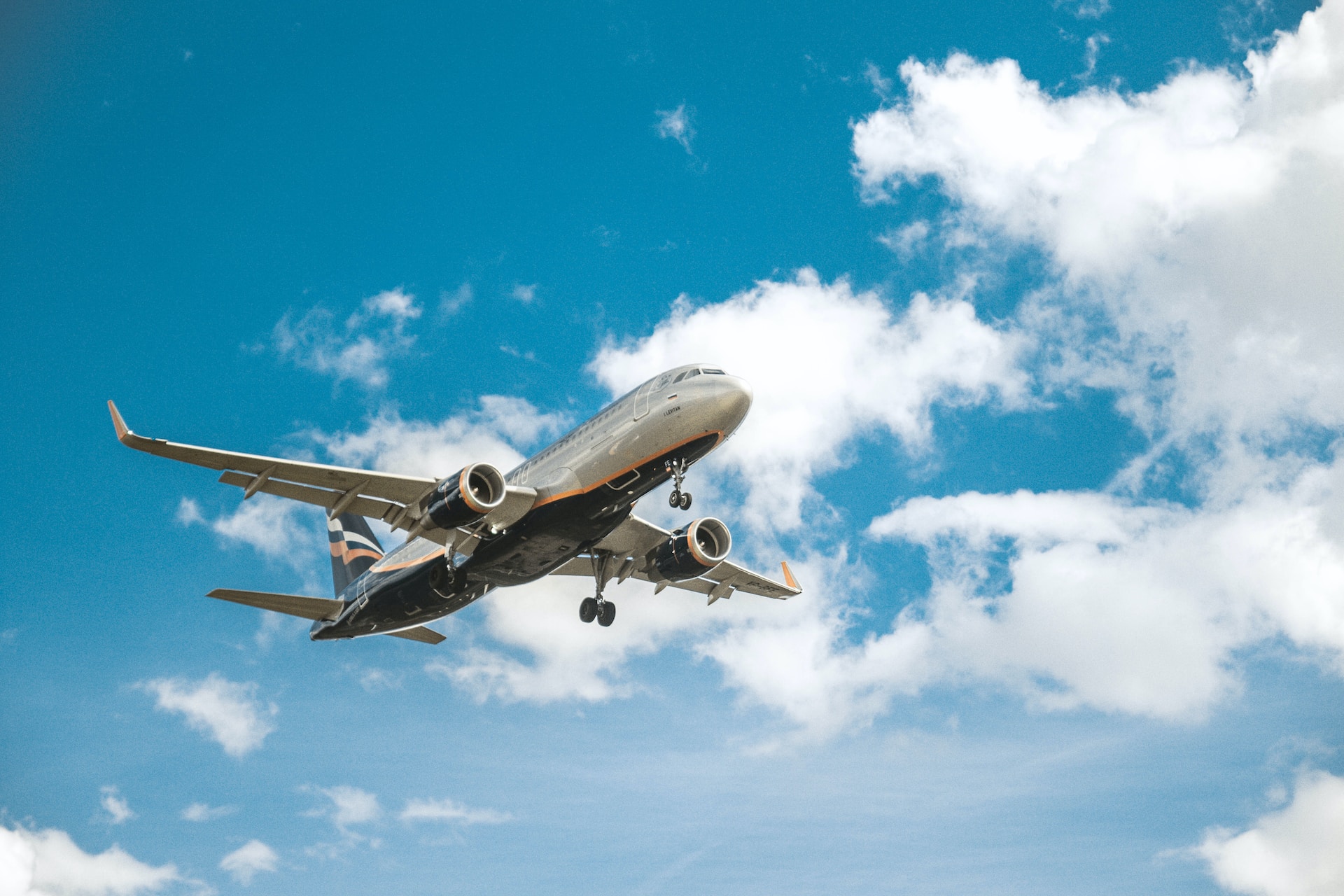
- U.S. airlines must soon provide cash compensation for delays of more than three hours.
- New rules standardize refund policies for cancellations & service failures.
- Passengers can expect improved consumer protections & a more reliable travel experience
- The changes aim to bring U.S. airline passenger rights in line with global standards.
The Biden administration has introduced a series of new rules aimed at holding airlines accountable for flight delays and cancellations while improving the passenger experience. The new rules, set to take effect in 2025, ensure passengers receive fair compensation for airline-caused disruptions.
This move comes at a time when consumer complaints about airlines have reached record levels. Travelers are expressing growing frustration over the lack of compensation for delays, cancellations, and ancillary service failures.
New Rules for U.S Airline Compensation
The proposed compensation scheme will require U.S. airlines to offer passengers cash compensation for delays lasting three hours or more that are within the airline’s control. This requirement is part of a broader initiative to align the U.S. with international standards, such as those in the European Union, where similar rules have been in place for years. In the EU, passengers are entitled to compensation ranging from €250 to €600, depending on the length of the delay and the flight distance.
The new rule will provide relief for U.S. travelers, many of whom have long felt underserved by the lack of strong consumer protections in domestic air travel.
Michael Negron, a special assistant to the President for economic policy, emphasized that this rule is not radical, noting that many other countries already have similar systems in place. According to Bloomberg, during a private meeting in Washington on September 10, Negron stated: “This is not radical—we are late to the game on this as a country.”
In addition to cash compensation, airlines will be required to cover additional costs incurred by passengers due to delays or cancellations, such as meals, ground transportation, and hotel accommodations. This shift significantly changes current U.S. airline policies, which often limit compensation for disruptions to rebooking on the same airline and providing basic meal vouchers.
Very few U.S. airlines currently offer monetary compensation for delays or cancellations, a practice that will change with these new rules. This is solely because they do not technically have to provide passengers with compensation, at least until these rules go into force.
DOT’s Final Rule on Refunds and Ancillary Services
Complementing the new compensation rules is the Department of Transportation’s (DOT) final rule on refunds, which was announced in April 2024.
This rule requires airlines to issue automatic cash refunds for canceled or significantly altered flights, significantly delayed baggage, and undelivered extra services. Undelivered extra services includes services such as inflight entertainment or Wi-Fi.
Airlines must process refunds within seven days for credit card payments and within 20 days for other payment methods. They must issue refunds in cash or the original payment form, with vouchers or travel credits available only if the passenger chooses them explicitly.
The rule aims to bring clarity and fairness to passengers by standardizing refund policies across airlines. Airlines previously set their own criteria for what qualified as a refund-worthy event, which left consumers in a difficult position when flights were disrupted. For example, some airlines redefined their refund policies during the COVID-19 pandemic, leading to a spike in consumer complaints.
With the new rule, the DOT has clearly defined what qualifies as a “significant change” to a flight, including delays of more than three hours for domestic flights and six hours for international flights, or changes in departure or arrival airports.
Passengers can receive refunds if airlines delay their checked baggage by more than 12 hours on domestic flights or up to 30 hours on international flights. This measure directly addresses the high volume of complaints from passengers. Especially those who have paid baggage fees only to have their luggage delayed for extended periods.
Impact on Airlines and Consumers
Some may believe airlines may pass on the costs to consumers through slightly higher ticket prices. However, Tomasz Pawliszyn, Chief Executive Officer at European consumer rights group AirHelp, says otherwise. Pawliszyn told Bloomberg that this would likely be a minimal increase, averaging less than $1 per ticket.
Consumer advocates see these changes as a long-overdue step in holding airlines accountable.
Passenger complaints against U.S. airlines have quadrupled in the past four years, with flight issues and refund disputes being the most common grievances. Despite the increase in complaints, overall cancellation rates and on-time performance have improved in 2023, a sign that some progress is already being made.
For travelers, these new rules promise to simplify the process of securing compensation and refunds. It will eliminate much of the hassle and uncertainty that has historically plagued U.S. airline passengers. Passengers will no longer have to navigate complex refund procedures. They won’t have to face long waits on customer service lines to reclaim money owed to them.
The Biden administration’s initiatives mark a significant expansion of airline passenger rights in the U.S. The new rules on flight delay compensation and the DOT’s final rule on refunds provide consumers with clear protections and a more reliable travel experience. As these rules take effect in 2025, U.S. travelers can expect to see a stronger emphasis on accountability from airlines, bringing the U.S. closer in line with global standards for passenger rights.
